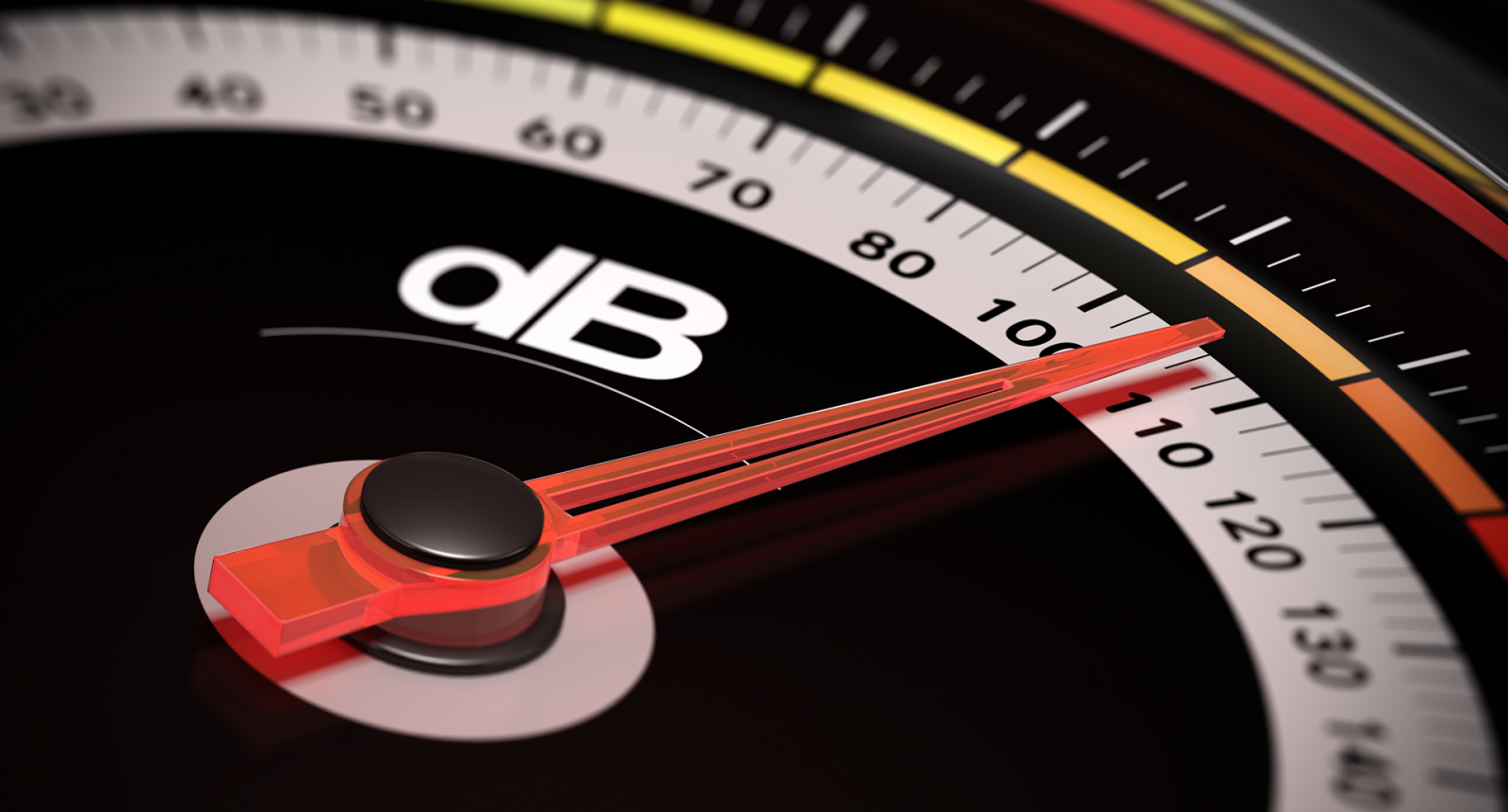Noise Control
What is Excessive Noise?
Excessive noise is any noise that is under human control and loud enough to disturb the peace, comfort and convenience of any person.
Examples of excessive noise are:
| Loud music | Broken alarms |
| Parties | Machinery |
| Band practice | |
However this does not include every day activities such as lawn mowing, as long as they are carried out within reasonable hours.
What Can I Do About a Noise Issue?
If your neighbours are being noisy, try talking to them first.
You can call Council 24 hours a day on (03) 307 7700 to make a noise complaint. It is important to call when the noise is occurring so that we can take immediate action. The noise maker is not told who has complained.
What Happens When I Report an Issue?
Seized Equipment
Any equipment taken by a Noise Control Officer can be reclaimed from the Council office when we are happy that its return will not lead to further noise issues beyond a reasonable level. The cost of removing and storing equipment must be paid before equipment is returned.
Be a Good Neighbour
You cannot get a permit to make noise for a party, or play your stereo loud or to use any other noisy equipment but there are some things you should keep in mind:
Radios, televisions and stereos
Usually, it's the unreasonably loud use of stereos in residential neighbourhoods that causes the most concern.
- Keep the volume down, especially late at night.
- Keep the bass control low, deep bass sound travels easily.
- Use headphones.
- Play music inside with windows and doors closed.
Parties
- Let neighbours know beforehand, and stick to any agreed finish time.
- Control the music level and move everyone inside after 10pm.
- Remind guests to leave quietly.
Musical instruments
Amplified instruments or drums can be annoying for neighbours.
- Schedule practice times to avoid the early morning or late evening.
- Keep the volume low and don’t go on too long.
- Liaise with neighbours to agree on suitable practice times.
- Practising in a residential area is possible if you're in a room with sound insulation. If not, try to find a non-residential space to practice in (i.e. in a commercial/industrial zone).
Concerts
Every concert will have specific criteria to which they must adhere, including resource consent conditions or conditions in the District Plan.
Outdoor concerts are generally permitted providing they meet certain noise standards and specified finishing times. Noise from these events is monitored.
Businesses
The District Plan defines the noise standards businesses are expected to comply with - and they can vary between zones. However excessive or unreasonable noise is generally unacceptable at any time.
If you have any concerns about noise from a business please contact us on 03 307 7700.
Buskers
Busking is generally permitted in certain areas of the District providing certain conditions are adhered to. These conditions include restrictions on the length of time the busker can remain in any area.
If you feel the noise is excessive, or other conditions have been breached (e.g. length of time) contact us on 03 307 7700.
Gardening and DIY work
- Use noisy power tools at a reasonable time of day. Between 7am to 8pm Monday to Saturday, and 10am to 8pm on Sundays.
- Let neighbours know if you intend to carry out significant amounts of noisy work.
Mowing lawns
- There are no set times for mowing your lawn.
- Lawn mowing noise is generally acceptable during daytime hours, but should not be carried out prior to 7am or after 10pm.
Alarms
- Choose an alarm that automatically resets itself after a limited period of time.
- Consider having your system monitored.
- Maintain the alarm regularly.
- Provide your contact details to neighbours.
If you hear a house or building alarm:
- If there is any sign of forced entry or intruders is evident, contact the Police on 111.
- If you need to alert the Police to a non-urgent event that needs to be investigated - they will ask you the appropriate questions and make their determinations for action.
- Check around neighbours for a keyholder.
- Check if details of alarm, company, or keyholder are displayed on the property.
- Contact us on 03 307 7700. We will require a street address and any information that can help us locate a keyholder.
Cars and motorcycles
- Only use your horn in emergencies, and keep your car stereo to a reasonable level.
- Excessive engine revving or prolonged idling should be avoided.
- When repairing vehicles, follow the above advice about the timing of DIY work.
- Noisy vehicles on the road are dealt with by the New Zealand Police.
Animals
- If you are the neighbour to an excessively barking dog, it may be reasonable for you to approach the dog owner and explain the problem to them, OR report the problem to Council on (03) 307 7700.
- Roosters are not suitable for keeping in residential areas and are best confined to rural areas, as their crowing is nearly impossible to control.
What is Unreasonable Noise?
Here are some examples of unreasonable noise:
- Loud noise that comes from commercial or industrial activity may be considered unreasonable based on a number of set rules
- This type of noise is usually assessed by using a noise meter
- The noise level and its characteristics are assessed against existing standards
- For help assessing unreasonable noise, please contact our Environmental Health Officer on (03) 307 7700
